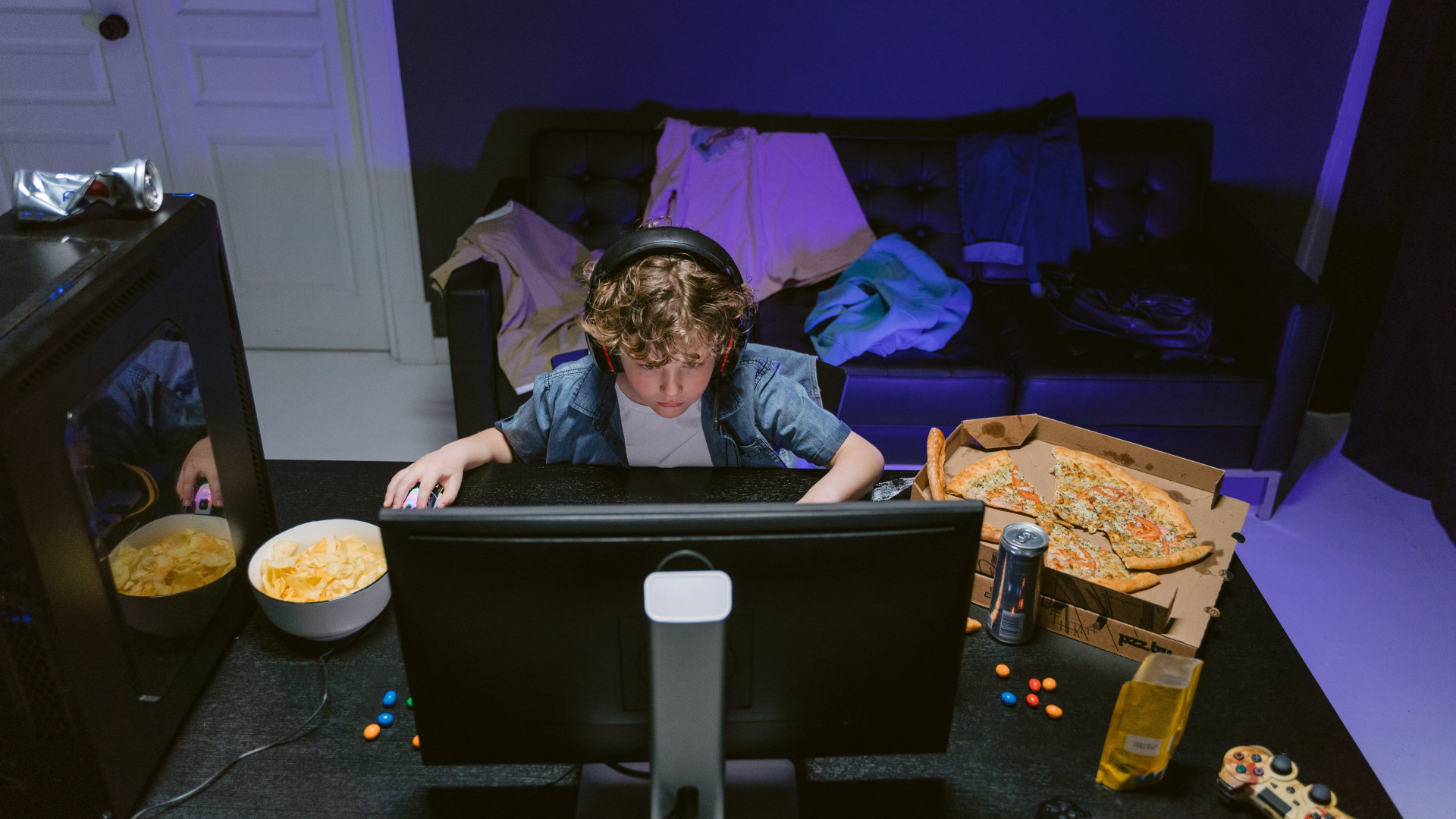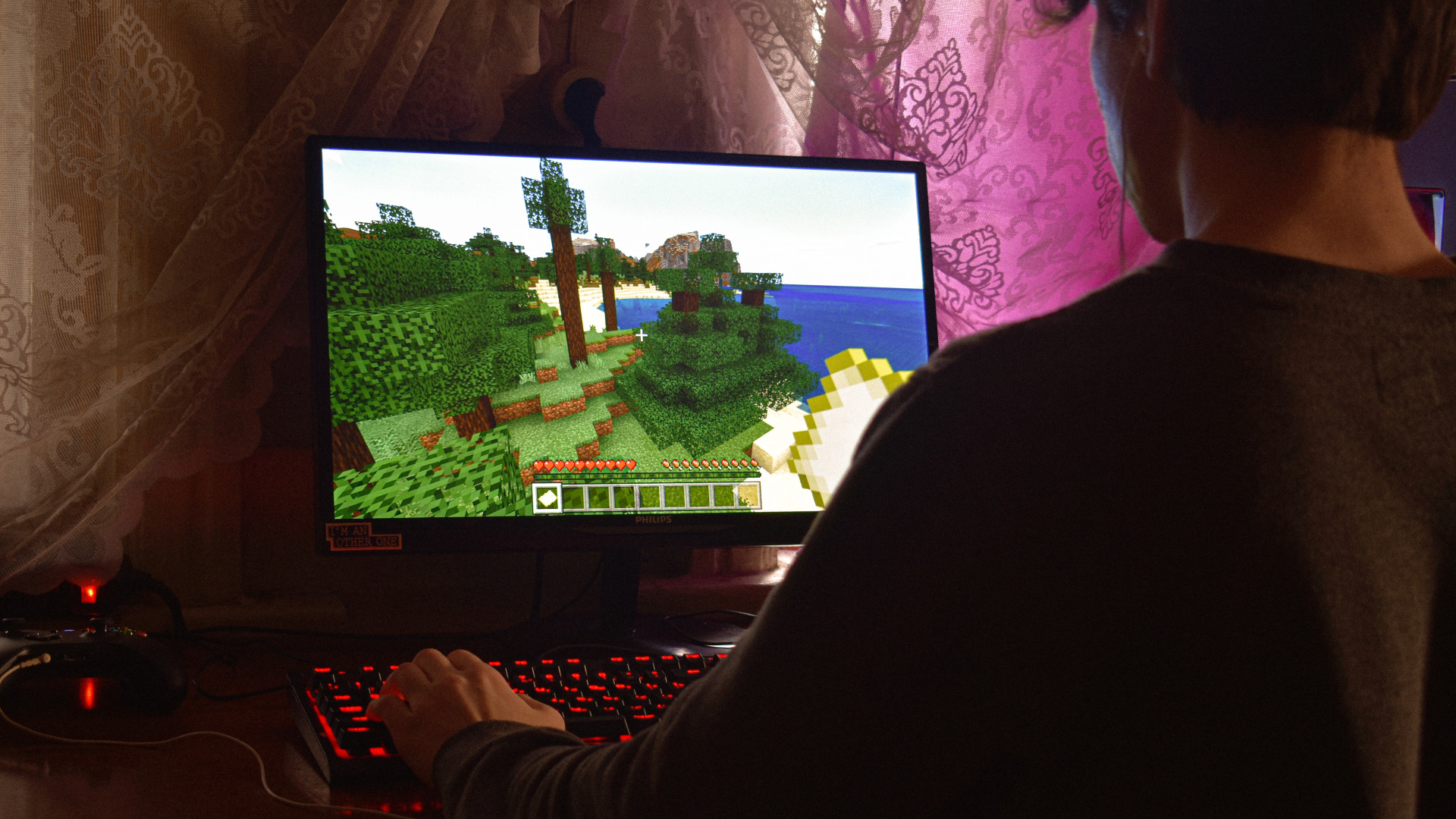In the rapidly evolving digital age, online gaming has become a popular pastime for kids worldwide. The virtual world offers countless opportunities for fun, learning, and interaction. However, it also brings certain risks, such as cyberbullying, exposure to inappropriate content, and potential contact with strangers. As such, it's essential for parents and guardians to equip their children with the right knowledge and tools to navigate this online world safely. Here are 10 crucial online gaming safety tips that will help protect your child while still enabling them to enjoy the vibrant universe of online gaming.
 Image by Sasin Tipchai from Pixabay
Image by Sasin Tipchai from Pixabay
1. Ensure Age-Appropriate Gaming
While selecting games for your child, pay special attention to the age rating. Gaming platforms usually categorize games according to age suitability, based on the complexity of gameplay and the type of content involved. Make sure the games your child plays are appropriate for their age and maturity level. Familiarize yourself with the game content by playing it yourself or reading reviews from reliable sources.
2. Use Parental Controls
Most gaming platforms and consoles come with parental controls. These tools allow you to limit the types of games your child can play, manage how long they can play, and even control who they can interact with online. Taking the time to set these controls correctly can go a long way in ensuring your child's safety.
3. Promote Private Profiles
Teach your child the importance of maintaining a private online profile. Usernames should not reveal personal information, such as their real name, age, or location. Make sure your child's avatar or profile picture is also non-identifying.
4. Educate About Personal Information
Children should understand that personal information, such as their home address, school name, phone number, and family details, should never be shared online. This also includes not sharing passwords, even with friends. Reinforce the idea that online friends might not be who they say they are.
5. Discuss Online Bullying
Cyberbullying is a significant issue in online gaming. Encourage your child to talk about their online experiences and teach them how to handle potential bullying. They should know how to block or report users who are acting inappropriately and to immediately inform you about such incidents.
6. Limit Screen Time
Balancing screen time with other activities is crucial. Spending too much time gaming can affect a child's physical health and social skills. Set boundaries around gaming time and encourage your child to engage in offline activities as well.
7. Encourage Open Dialogue
Maintain an open dialogue with your child about their gaming experiences. Make it comfortable for them to come to you with any concerns or questions they might have about their online interactions. Regular conversations can provide insights into your child's online world and potential safety issues.
8. Beware of In-Game Purchases
Many games feature in-app purchases, where players can buy additional features or items. Children might not understand the concept of digital money and may unintentionally make purchases. Be sure to disable in-app purchases or require parental approval for any transactions.
9. Monitor Gaming Friends
Be aware of who your child is interacting with while gaming. Most games have chat or voice communication, and it's important to ensure your child is only interacting with people they know in real life, or that interactions with strangers are respectful and safe.
10. Promote Positive Gaming Culture
Promote a positive gaming environment by discussing the importance of treating others with respect. Encourage your child to be kind and supportive to fellow players and to step away from games or gaming groups that foster negativity or aggression.
While the virtual world of gaming can provide an enriching environment for children, it's vital to establish boundaries and educate them on online safety. By following these tips, parents can help their children have a fun, safe, and rewarding gaming experience. It's important to also note that these tips don't just apply to gaming, but can apply to anything internet and digital related as your kids begin to explore their digital environment. It's always better to be on the safe side!
















